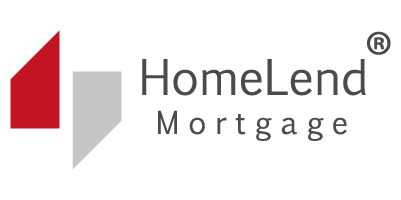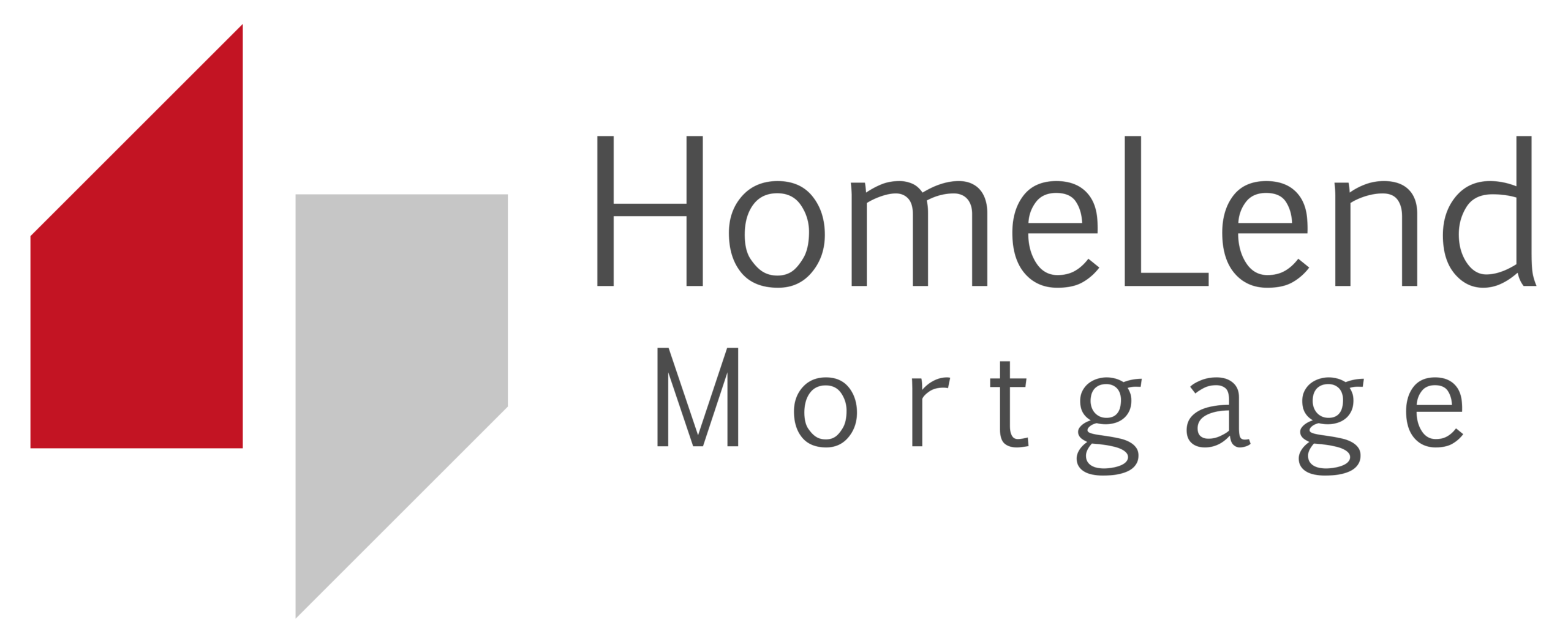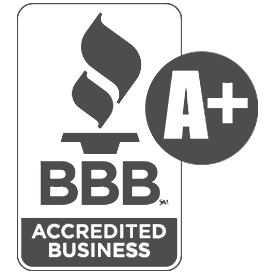5 Types of Closing Costs for a Home Purchase
With spring in the air, the home buying season is in full swing. Home buying is an exciting journey, but it can also be overwhelming. In addition to the down payment and monthly mortgage payments, homebuyers should be aware of the closing costs associated with purchasing a home.
Closing costs are the fees associated with finalizing a real estate transaction, and they typically range from 2-5% of the purchase price. While the specific costs can vary based on the location and type of property being purchased, here are some common closing costs to be aware of:
- Loan Origination Fees:
This fee is charged by the lender to cover the costs of processing and underwriting the loan. With most lenders it can be anywhere from 0.5-1% of the loan amount but we at HomeLend Mortgage don’t charge any origination fees!
- Appraisal Fees:
Before the lender approves the loan, they will require an appraisal of the property to ensure its value. This fee can range from a few hundred to several thousand dollars, depending on the property's value and is typically paid directly to the Appraisal Company prior to closing.
- Title Search and Insurance:
The title search fee is charged to ensure that the title to the property is clear and there are no outstanding liens or claims against it. Title insurance protects the buyer and lender in case any title issues arise after the sale. These fees can range from a few hundred to several thousand dollars and are charged by the Title Company you decide to work with.
- Home Inspection Fees:
A home inspection is strongly recommended before purchasing a home. It can identify any potential issues with the property that could be costly to repair in the future. The inspection fee can range from a few hundred to several thousand dollars, depending on the size and location of the property.
- Escrow Fees:
Escrow is a third-party service that handles the transfer of funds and documents between the buyer, seller, and lender. The escrow fee is typically a percentage of the purchase price and can range from a few hundred to several thousand dollars. Many times this is handled by an Attorney or the Title Company.
Summary
It's essential to be aware of these costs and to budget for them when purchasing a home. While closing costs can seem daunting, some strategies can help reduce them. For example, some lenders may offer to waive certain fees, and buyers can negotiate with the seller to pay some of the closing costs.
In conclusion, closing costs are an essential part of the homebuying process, and it's crucial to understand them to avoid any surprises. By working with a reputable lender and carefully reviewing the estimated closing costs, homebuyers can be better prepared and confident in their decision to purchase a home.
This information is for informational purposes only and is intended to provide general guidance and does not constitute legal, tax, or financial advice. Each person’s circumstances are different and may not apply to the specific information provided. You should seek the advice of a financial professional, tax consultant, and/or legal counsel to discuss your specific needs before making any financial or other commitments regarding the matters related to your condition are made.




